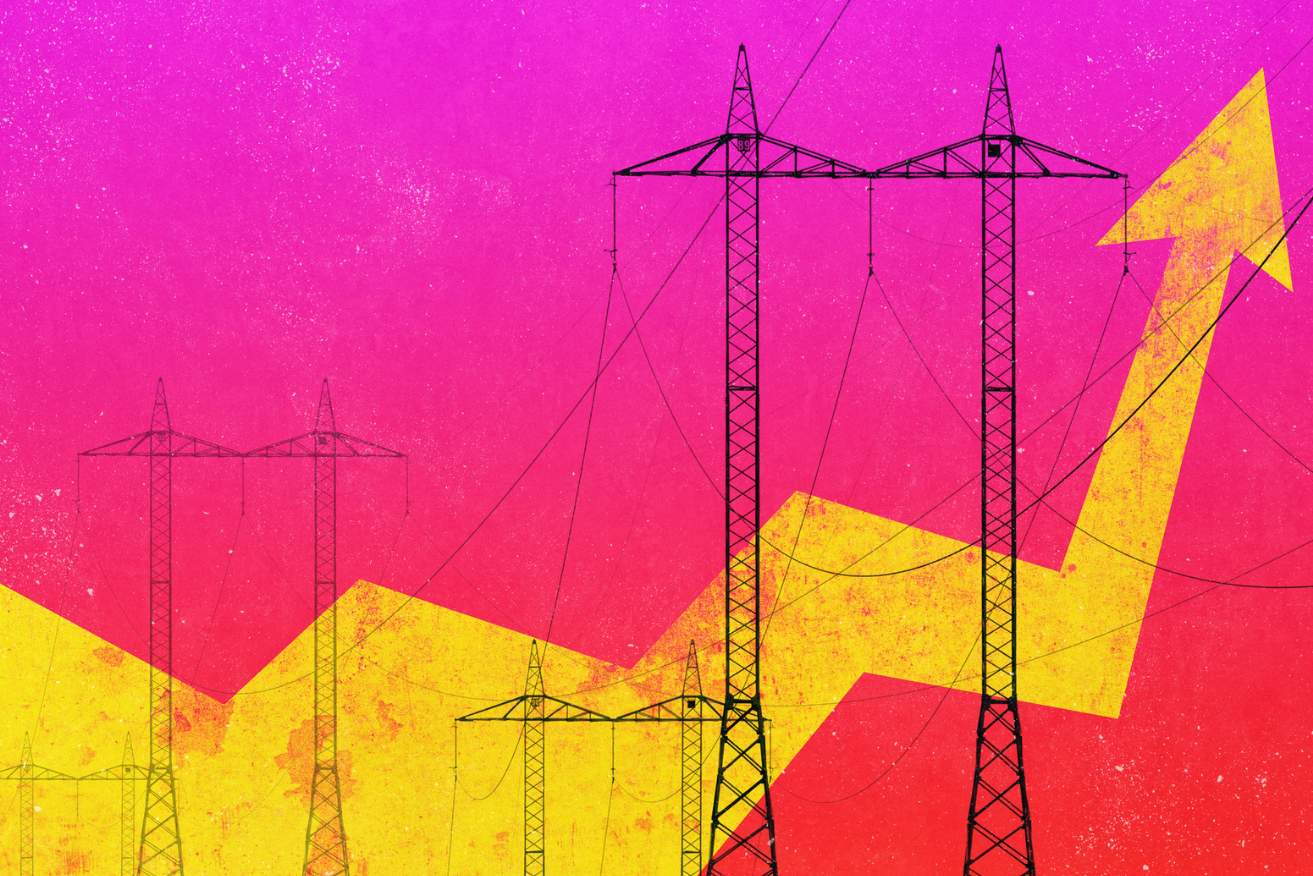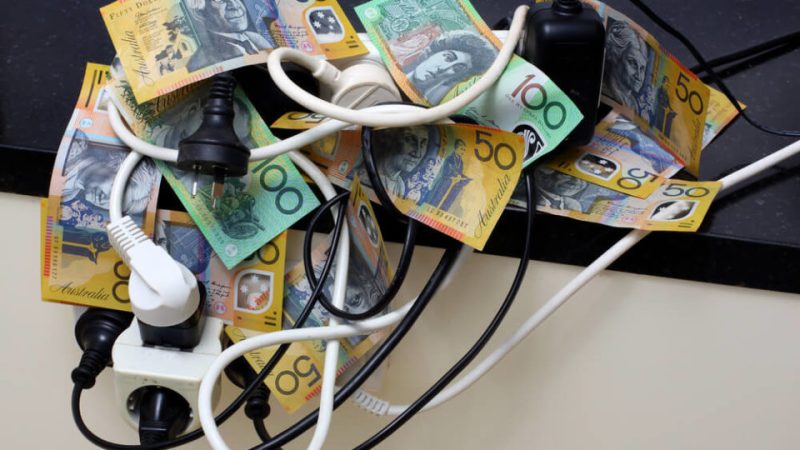Australians suffer higher electricity prices as networks rake in billions of excess profits


New analysis has pinned some of the blame for high electricity prices on network operator profits. Photo: Getty
Australians are paying too much for electricity because power networks are booking excessive profits, according to new analysis that accuses companies of abusing their “monopoly power”.
Figures published on Wednesday by the Institute for Energy Economics and Financial Analysis (IEEFA) find network operators have booked “supernormal profits” of $11 billion since 2014.
That’s on top of $11 billion in capital returns that regulators regard as fair profits for operating network infrastructure, according to the report’s author and energy consultant Simon Orme.
Australia’s energy networks are operated by a series of companies – large ones include, for example, Ausgrid, Energex and Jemena. None were specifically named in the IEEFA analysis.
Orme said failures in the regulatory system have allowed networks to reap massive advantages at the expense of households, with super profits worth $80 to $400 per customer in 2022 alone.
“Families and businesses are already experiencing power bill shock from higher retail prices, and the persistent and large extra network profits are making this worse,” he said.
“The extra profits are reducing energy affordability and adding to economy-wide inflation.”
Households suffer as electricity prices soar
Australian households have suffered with massive energy bill hikes over the past year as the effects of sky-high commodity prices have flowed through the market.
Major retailers have passed through double-digit price hikes, including EnergyAustralia, Origin Energy and AGL, with the worst of the squeeze hitting the most populous states of New South Wales and Victoria.
Regulators have also passed on massive increases to default market offers, blaming higher costs faced by retailers amid the energy crisis last year.
Conditions have since eased markedly though, with experts recently predicting that retail prices should fall over the next year as lower wholesale costs flow through the market nationwide.

An expert argues the price surge should not have been as bad. Photo: Getty
Orme argues that the squeeze over the past year would not have been as bad if network operators weren’t booking excess profits, even though retailers have faced higher costs.
His analysis indicates that up to 70 per cent of the increases from July 1 could have been avoided in some network areas.
Crucially, “super profits” are a measure of capital returns that are calculated on top of what is regarded to be “normal profits” – which are returns regarded to be acceptable for operators in ensuring the sustainability of the power grid.
Network operators are known as natural monopolies – companies that operate without competitors because it would be inefficient for there to be another provider in the market.
In the case of network operators, a competitor would need its own network, which would mean replicating large parts of the power grid.
But these companies are supposed to be regulated to prevent them from booking excessive profits.
Orme’s analysis of 162 profit outcomes found 64 per cent exceeded 1.3 times the normal profit threshold, and can therefore be deemed excessive returns.
He said the extra profits come mainly from differences between forecast network costs and actual costs – which includes financing and operational costs – that keep the network running.
“When there is a difference between the forecast and actual cost it is eventually pocketed by network shareholders,” Orme said.
“There has been a failure to correct these differences in forecast and actual costs once they become evident, leading to supernormal profits for network shareholders.”
Calls for regulators to step in
Orme says the problem is likely to worsen without intervention from governments, particularly before huge investments in the grid needed for the energy transition.
In other words, the billions in network investment needed for Australia to reach its emissions reductions targets will be made much more expensive by network super profits.
“Government action is needed to make power bills fairer and more affordable,” Orme said.
“This should begin with commissioning an expert advisory group to report on whether it considers the current profit outcomes are consistent with the current laws and policy support for the energy transformation.”








